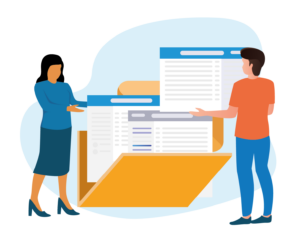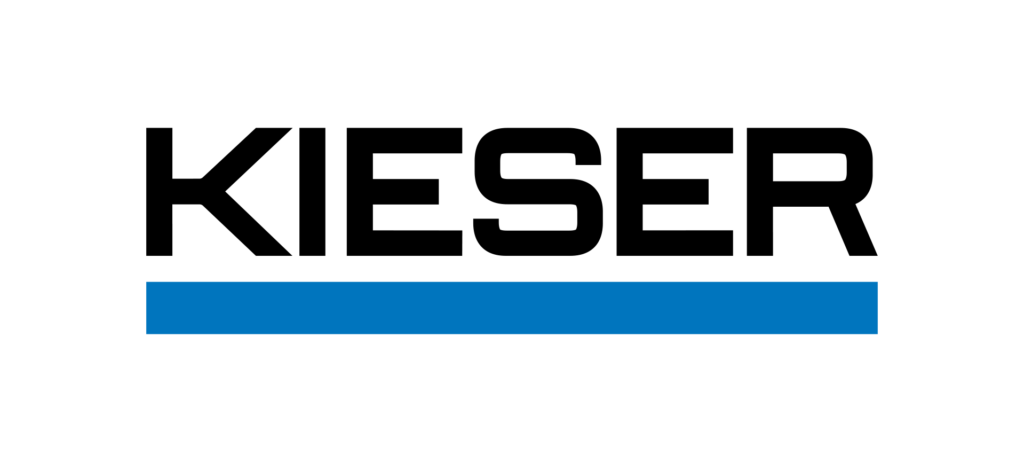How leasing software mitigates the challenges healthcare organisations face
Healthcare organisations face numerous challenges, ranging from managing their resources efficiently to ensuring regulatory compliance and providing the best possible care to patients. One of healthcare organisations’ most significant challenges is ordering equipment and supplies.
Leasing management software helps to overcome challenges and streamline leasing operations for the healthcare industry and mitigate the challenges they face.
Some common leasing challenges that finance, operations, and other team members face in the healthcare industry are:
- Data accuracy: One common problem is ensuring the accuracy of lease-related data entered into the software. Inaccurate data can lead to errors in financial reporting, compliance issues, and missed opportunities for cost savings.
- Data integration: Financial managers may face challenges in integrating lease-related data with other financial systems and processes, such as accounts payable and general ledger. Integration issues can lead to inefficiencies and errors in financial reporting.
- User adoption: Another challenge is getting all users to adopt and use the lease management software effectively. This can be particularly challenging if there is resistance to change or users are not adequately trained to use the software.
- Software compatibility: Financial managers may encounter compatibility issues with the organisation’s other software and systems. This can lead to inefficiencies and errors in financial reporting if data cannot be transferred accurately between systems.
- Compliance: Compliance with lease-related regulations and requirements can challenge financial managers. The lease management software should be designed to help the organisation stay compliant with relevant regulations and requirements. Still, financial managers must ensure they use the software effectively to remain compliant.
- Cost-effectiveness: Financial managers may struggle to justify the cost of the lease management software, particularly if the organisation has a limited budget. Financial managers should ensure that the software provides a return on investment and delivers tangible benefits such as cost savings, improved data accuracy, and better compliance.
- Data centralisation: In many businesses in this industry, often property and lease data are fragmented, and can be very time-consuming when locating information when required. A good software system can provide alerts on key critical dates, store information, improve processes, provide good reporting capabilities, and provide information to key decision-makers in a timely basis.
Leasing management software is a tool that can help healthcare organisations mitigate these challenges. This software is designed to automate and streamline the process of managing leased equipment and supplies, including tracking usage, maintenance, and lease terms.
Here are some ways in which leasing management software can help healthcare organisations mitigate the challenges they face:
Improved Equipment Utilisation
- Leasing management software provides healthcare organisations with a centralised system for tracking equipment and supplies. This makes it easier to identify underutilised equipment so that it can be reallocated to other departments or facilities. Healthcare organisations can reduce equipment costs and improve operational efficiency by optimising equipment utilisation.
Better Maintenance Tracking
- Leasing management software also enables healthcare organisations to track maintenance schedules and repair histories of leased equipment. This allows organisations to proactively schedule maintenance and repairs, reducing downtime and prolonging the life of their equipment.
Simplified Lease Management
- Managing leases can be a time-consuming and complicated process, particularly for healthcare organisations with large inventories of equipment and supplies. Leasing management software simplifies this process by automating lease tracking and providing alerts when lease agreements are set to expire. This helps healthcare organisations avoid costly penalties for late lease returns or equipment purchases.
Improved Compliance
- Healthcare organisations must comply with various regulations and standards, including those related to equipment safety, patient privacy, and financial reporting. Leasing management software can help organisations ensure compliance by providing centralised access to lease agreements, maintenance records, and other documentation required for audits and inspections.
Cost Savings
- Leasing management software can help healthcare organisations reduce equipment purchases and maintenance costs. By optimising equipment utilisation, tracking maintenance schedules, and simplifying lease management, organisations can minimise equipment downtime, reduce repair and maintenance costs, and avoid penalties for late lease returns or purchases.
Contact MRI Software
Leasing management software can help healthcare organisations mitigate many of the challenges they face daily. By providing a centralised system for tracking equipment and supplies, automating lease management, and ensuring compliance, this software can help organisations improve operational efficiency, reduce costs, and provide better patient care. If you’d like to learn more about how MRI Software can assist you in the healthcare industry with your leasing requirements – please get in touch today.
Lease Management Software
Lease management software for complete and easy control over complex lease portfolios.

Streamlining lease management for
Kieser Australia’s nationwide expansion
At a glance ProLease Express enables Kieser Australia to manage leases more effectively and report more efficiently as it expands across multiple locations nationwide. Demonstrating the efficiencies we could achieve with a more effective process for …

